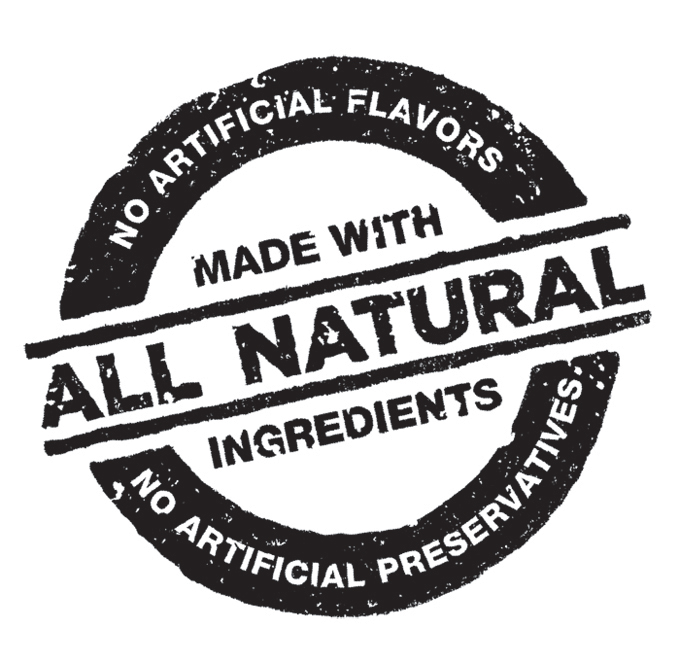I’m a die-hard MEC fan. Their products are amazing, and as a scout leader, hiker, skier, etc. I need high performance (100% functional need satisfying) clothes for when I’m outdoors. It’s important that when I go to their store, I get product guarantees, practical information from their experienced sales team, options to suit my specific, personal camping needs, and the opportunity to consider each product’s application and benefits in an open environment. In short, I’m willing to spend. MEC satisfies not only my camping needs, but as a leader, when we want to buy lasting equipment for the youth, MEC is usually the first name in mind. We know that not only will we be getting premium, tailored products, but also ridiculous exchange/refund policies in case the youth break the equipment; if the product description is not met (say, ten years waterproof), it will be replaced, no questions asked. Of course, the store doesn’t provide coupons, never hosts store-wide sales, and doesn’t even have “customers”; I myself am a proud co-op “member”. This value-added approach has built the biggest local provider of outdoor clothing and equipment in the city, and in fact, when MEC wants to open new stores, neighbourhood retailers often complain about being crowded out.
So the obvious joke here is how a local retailer is threatening the community of… local retailers? Not too long ago, MEC was just another store, started by some concerned campers. But I think this store’s success is an excellently clear example of the power in maximizing a sustained, competitive advantage. On top of which, if you still can’t see the signs of their success, I would recommend popping by a store for a visit, talking to a sales person (try not to buy anything), and watching this service phenomenon unfold. And maybe you’ll agree that sometimes, all you might need to do to succeed is pick the right business/marketing philosophy. And then (borrowing from game theory) even a regular operation like customer service with can be a dominant business strategy.


